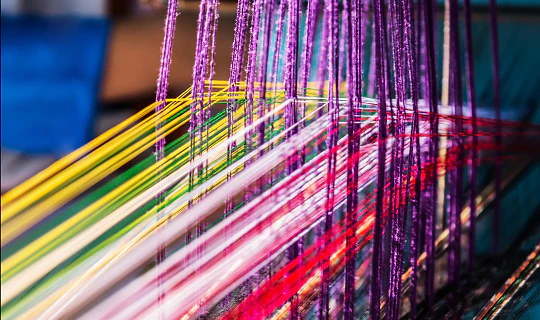In a world where personal expression often finds its canvas in clothing, the intricate relationship between religion and fashion becomes an intriguing subject of exploration. The intersection of religious beliefs and clothing choices not only showcases the diversity of faith but also provides a fascinating glimpse into how individuals navigate their identities and convictions in the realm of style. At the heart of this intersection lies an interesting phenomenon: religious sweatshirts. Let’s dive into the depths of this captivating topic and unveil the significance it holds.
Clothing as a Symbol of Identity
Clothing has always been more than a mere necessity. It serves as a visual statement that reflects one’s identity, culture, and beliefs. Religion, being a central aspect of many people’s lives, naturally influences their clothing choices. From traditional attire worn during religious ceremonies to everyday outfits that subtly express affiliation, clothing has the power to signify faith without uttering a single word.
The Power of Religious Sweatshirts
In recent years, the concept of religious sweatshirts has gained traction. These garments blend the comfort and casual nature of sweatshirts with the profound symbolism of religious motifs, prayers, and scriptures. They encapsulate a modern approach to expressing one’s faith while fitting seamlessly into contemporary fashion trends. Whether it’s a hoodie adorned with a discreet cross or a sweatshirt emblazoned with an inspirational verse, religious sweatshirts offer a novel medium for believers to share their convictions with the world.
Navigating Between Tradition and Modernity
The emergence of religious sweatshirts highlights the delicate balance between tradition and modernity. As society evolves, so do fashion preferences. Incorporating religious elements into everyday wear allows individuals to harmonize their timeless beliefs with the changing times. These sweatshirts become a bridge, enabling believers to stay connected to their faith while participating in the ever-evolving world of fashion.
Expression and Respect for Beliefs
The debate over whether religious symbols should be worn as fashion statements is not new. Critics argue that donning religious sweatshirts could be seen as disrespectful or trivializing sacred symbols. However, proponents view it as a sincere way of expressing their devotion. When approached with sensitivity and an understanding of the significance of the symbols, religious sweatshirts can serve as a means of initiating conversations about faith and spirituality.
Unity in Diversity
Religious sweatshirts, like any other form of religious attire, contribute to showcasing the diversity of beliefs that coexist within our global society. They create an opportunity for people to learn about different faiths, promoting mutual respect and understanding. When we encounter someone wearing a sweatshirt adorned with a religious symbol, we are prompted to reflect on the many layers of identity that shape an individual.
The Way Forward
As we navigate the intersection of religion and clothing choices, it’s essential to approach the topic with an open heart and an empathetic mindset. While religious sweatshirts and similar fashion choices might raise questions and discussions, they also offer a unique way for individuals to express their beliefs and identities. To fully appreciate this intersection, we must engage in conversations that respect both the sanctity of faith and the freedom of self-expression.
In a world where fashion can be a powerful agent of change and communication, religious sweatshirts serve as a reminder of the beautiful diversity that enriches our global tapestry. They encourage us to see beyond the fabric and into the hearts of those who wear them, fostering a deeper connection and understanding among people of different beliefs. So the next time you see someone sporting a religious sweatshirt, remember that it’s not just clothing; it’s a piece of their story, a fragment of their faith, and an invitation to explore the intricate weave of our shared humanity.





